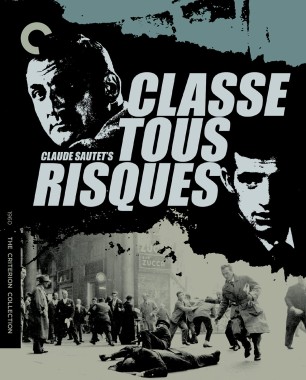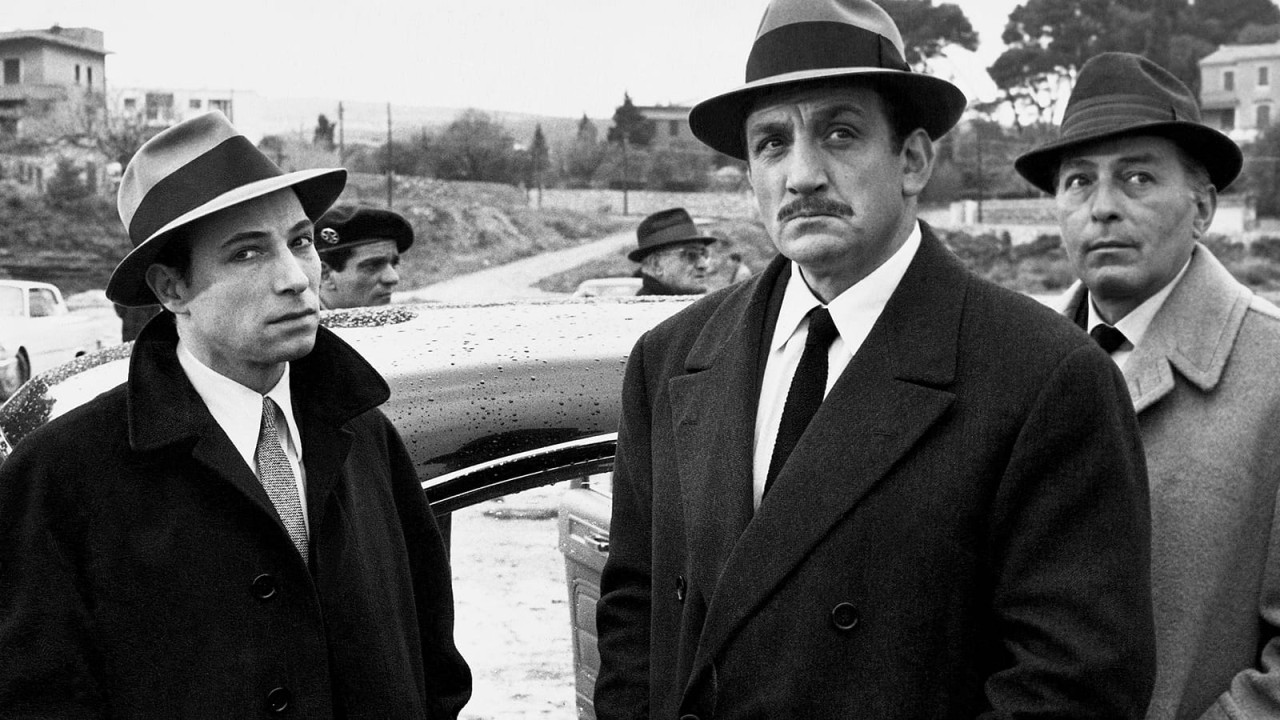Le deuxième souffle

With his customary restraint and ruthless attention to detail, director Jean-Pierre Melville follows the parallel tracks of French underworld criminal Gu (the inimitable Lino Ventura), escaped from prison and roped into one last robbery, and the suave inspector, Blot (Paul Meurisse), relentlessly seeking him. The implosive Le deuxième souffle captures the pathos, loneliness, and excitement of a life in the shadows with methodical suspense and harrowing authenticity, and contains one of the most thrilling heist sequences Melville ever shot.
SPECIAL EDITION FEATURES
- Restored high-definition digital transfer
- Audio commentary by film scholar Ginette Vincendeau, author of Jean-Pierre Melville: An American in Paris, and film critic Geoff Andrew of the British Film Institute
- Video interview with director Bertrand Tavernier, who served as publicity agent on the film
- Archival footage featuring interviews with Melville and actor Lino Ventura
- Original theatrical trailer
- PLUS: An essay by film critic Adrian Danks
Cover by Steve Chow
SPECIAL EDITION FEATURES
- Restored high-definition digital transfer
- Audio commentary by film scholar Ginette Vincendeau, author of Jean-Pierre Melville: An American in Paris, and film critic Geoff Andrew of the British Film Institute
- Video interview with director Bertrand Tavernier, who served as publicity agent on the film
- Archival footage featuring interviews with Melville and actor Lino Ventura
- Original theatrical trailer
- PLUS: An essay by film critic Adrian Danks
Cover by Steve Chow

Cast
- Lino Ventura
- Gustave 'Gu' Minda
- Paul Meurisse
- Commissaire Blot
- Raymond Pellegrin
- Paul Ricci
- Christine Fabréga
- Manouche
- Jo Ricci
- Marcel Bozzuffi
- Denis Manuel
- Antoine
- Michel Constantin
- Alban
- Pierre Zimmer
- Orloff
- Pierre Grasset
- Pascal
Credits
- Director
- Jean-Pierre Melville
- Screenplay
- Jean-Pierre Melville
- From a novel by
- José Giovanni
- Cinematography
- Marcel Combes
- Music
- Bernard Gérard
- Editing
- Michel Boëhm
- Editing
- Monique Bonnot
- Production design
- Jean-Jacques Fabre

















